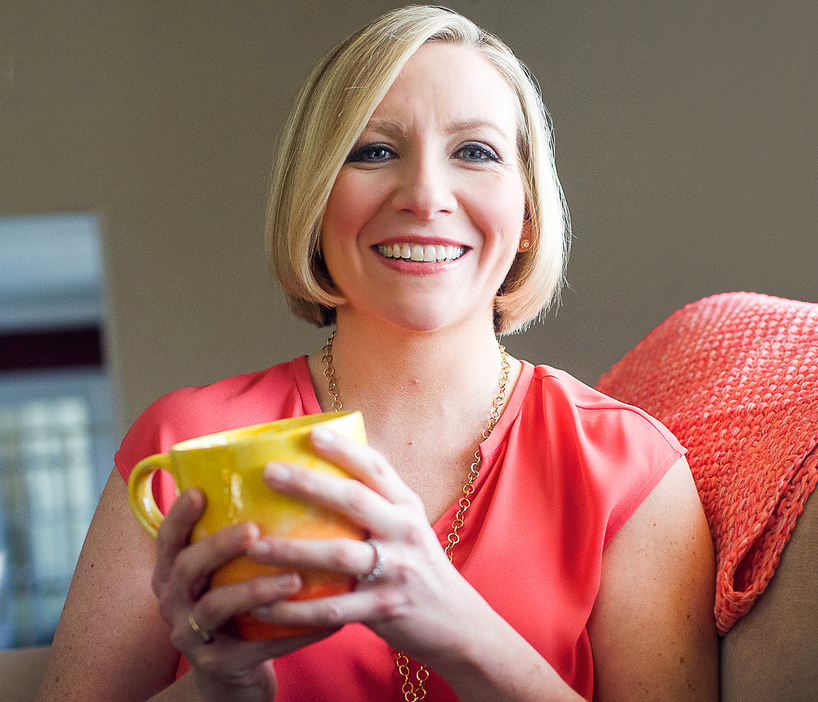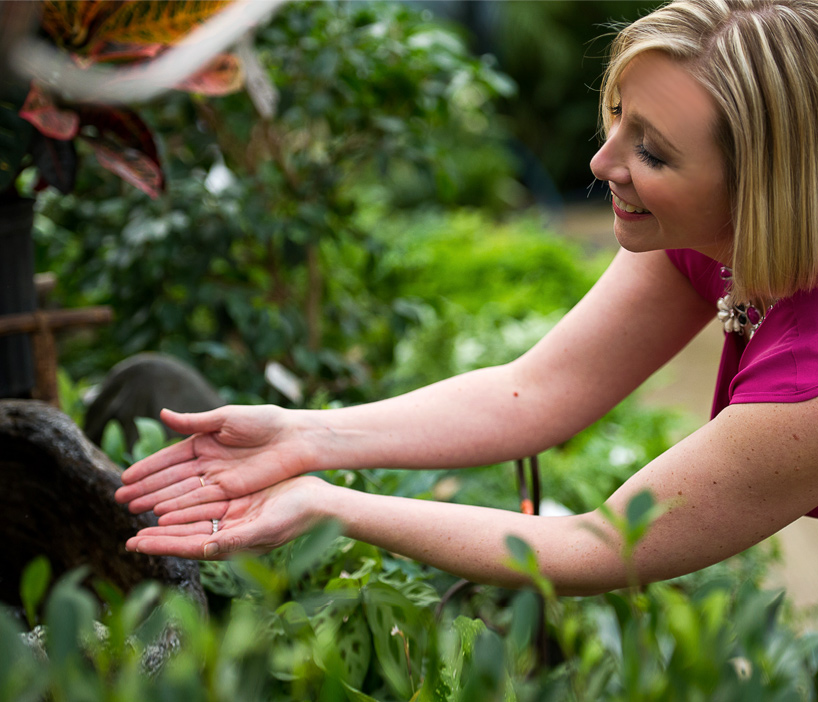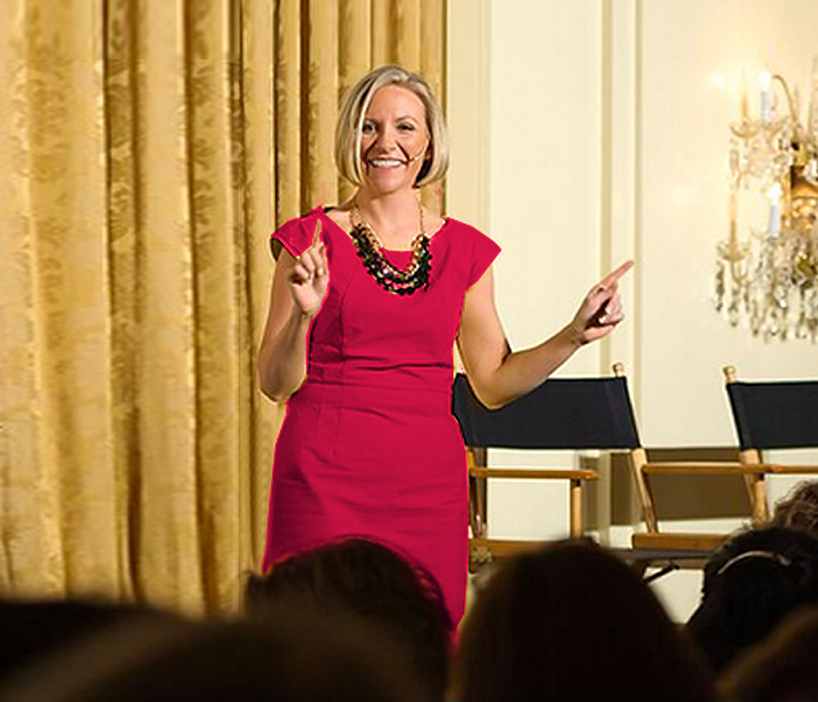Today’s episode is a special one. Patty shares her experience around grieving. The
intention is to provide community and support around this experience. This episode is
meant to help those who are grieving and for those who are supporting others.
Many of us don’t know how to show up for others who are dealing with and experiencing
grief. We may not have the experience, or we might not know what to do so we stay
quiet. If you’ve experienced loss you likely understand actions that can be helpful to
others.
For those of us who don’t have much experience with loss, Patty shares 7 suggestions
to support those dealing with grief. These are thoughtful ways to show support to those
dealing with grief.
If you are personally experiencing grief, Patty shares her advice to stay in the moment.
Whatever is coming up is okay. It’s right for you and it’s okay to let it in. It’s okay to be
selfish with your time and your needs. It’s okay to ask for help.
You can connect with Patty at patty@pattylennon.com
—————————————————————————————————
Transcript
(00:02) Welcome to the wealth and purpose podcast where people who are led by their hearts come to learn the secrets to creating wealth in a way that feels really good and live their purpose fully in the process. I’m your host, Patty Lennon. I’m an ex type-A corporate banker, turned intuitive business coach. I’m also a wife, a mom to two pre-teens, a professor, girl scout leader and well Hey, you get it. Like you I wear a lot of hats, whether you’re looking for inspiration to get started or strategies to get growing. I am here to help you create abundance in every area of your life in business. Welcome.
Hey there. Today I want to talk a little bit about grieving and specifically grieving during the holidays. I find myself in the process of grieving my first holiday without my father. So I’m actively in it. I also live very close to Sandy hook and we are coming upon the anniversary of the Sandy Hook shooting.
(01:09) And I’m able to observe how many people feel that they’ve been forgotten. And I think that’s probably the most difficult part of grief is when grief expands beyond everyone else’s consciousness of time. And you can feel like you’ve been forgotten inside your grief. To me, that’s probably the most difficult part of grief. And other than of course, that just the pain of grief and then knowing that so many people have taken this journey with me as I’ve shared stories about the way my father has, you know, talked to me since he crossed and telling me that what I share brings them comfort. I know that there’s a need, maybe for more of us to share our active experiences navigating this, not to teach and not to advise, but simply to offer community. And so that’s my goal is with this podcast is not to suggest that there’s a right way or to give some rules or tips or any of that.
(02:37) I’m going to tell you what’s worked for me. And if you’re listening and you’re listening with the intention of supporting someone else who’s grieving, I’m going to share a little bit about what’s been helpful from other people. But what I noticed on social media, especially on Facebook, is that there’s articles that say, you know what, what you’re “grieving friend or sister”, whatever “needs you to know this holiday season”, articles like that. And they’re very prescriptive. And I find that a little concerning because my experiences that even in grief, other people are mirrors for us, our teachers. And when someone who cares about you isn’t talking about the person that you’ve lost, it’s probably because they are feeling concerned that they’re going to do something wrong. And it’s possible that they’re there to show us where we need to make more space for our grief, where we can spend more time being gentle with ourselves and creating more space for it.
(03:54) Because my experience, and again this is just my experience, everyone does grieve differently is because I’ve so actively shared first the loss of my mom seven years ago and then my father in law and now my father. I never really had the experience of people not mentioning them because they were always present. And I let them be present and I let them be part of my life. And doing that in grief is hard. It isn’t easy. And the method I’ve used, and this isn’t necessarily gonna work for everyone, but the method I’ve used is storytelling. Telling the stories of my dad or my mom or my father-in-law as they’re alive in my heart and not waiting for other people to give me permission to share those stories, not waiting for them to ask me because here’s what I’ve learned in my journey through grief. And I’m going to keep saying my and I, although I don’t normally like to speak that way, to remind you if you’re listening that this is, this is just my version of how it works.
(05:08) It doesn’t mean you need to take any of it. And it doesn’t mean it has to apply to you. What I found as I walked first through the grief of my mother was how much I didn’t know how to support other people before she passed and what I mean by that is to try and get someone who doesn’t understand grief, who has never truly experienced the loss of someone incredibly close to them to understand how to show up for you. It’s virtually impossible and I can tell you that having, a master’s in psychology and I put a focus on grief. I did multiple classes and I did my internship in grief counseling. I have a lot of training in this and until my mother actually died, I did not know how to show up for people. I did tend to have some skills that helped.
(06:09) I knew some “rules” that worked, but until you actually experienced the loss of a loved one, a close loved one, I don’t think you can really understand how to show up for someone. Once you are in that club where you have lost and grieved, your ability to show up for others changes dramatically. You don’t need articles, you don’t need tips, you don’t need any of that, and before that happens, no amount of articles or tips are going to actually show you how to emotionally navigate being present with someone you love. That’s grieving. That being said, I do want to share what you know some people have done for me around the holidays that has been incredibly helpful and some of these are common sense, but you know they might be helpful for you if you’re looking to support someone that’s grieving.
(07:10) The first is to say the person that’s crossed over to talk about them using their names because that is something that people who are uncomfortable around the grief tend to avoid thinking that if you say their name, you’re going to somehow be making the grief more alive or you know, increasing the pain that the grieving person is experiencing. It is just the opposite. Grief can be a very lonely journey. And as I said, you know that that experience of being forgotten in your grieving is one of the most painful parts of it. And so seeing that person’s name that they’ve lost is really, really helpful. It feels almost like when you’re the grieving person and someone brings up your loved one, it’s almost like you have access to extra oxygen. The second thing that people have done for me, and I am Catholic or I celebrate Christmas, so, and we have Christmas trees.
(08:10) This won’t work for everyone, but with our Christmas tree, people have bought me Memorial ornaments that either have my dad’s name on them or some symbol that they feel represented him or my mom back when she passed. And that, that was such a lovely, thoughtful gesture and I, and it brought me a lot of comfort. The third thing, the biggest one is to not be forgotten. And I don’t judge anyone from my perspective as the grieving person. I don’t judge anyone that forgets that I’m going through my first holiday without my dad. And when I went through it with my mom, it was the same way because once you cross that threshold of understanding what it feels like to grieve, you realize how many other people you probably let down in their grief process. And so from my perspective, it’s easy to make space for people that forget.
(09:09) However, for the people that do remember, the people that say, I know this is your first Thanksgiving without your dad. That goes a long way because even the most open person to their grief, and I would say I’m pretty open. I’m pretty active griever. There’s times where you just forget that what you’re feeling. It could be grief. That’s been my experience. It’s been so different grieving my father than it was my mother because so many reasons. My mom was my mom and my dad’s, my dad. I shared before that when my mom died, it was like my emotional anchor to the world died and I had to re-learn or learn how to emotionally ground myself on this planet. My mother just did that for me. When my father died. It was as if my physical safety anchor on the planet died.
(10:10) Even though I didn’t rely on him for my own physical safety, there was some level of feeling physically protected by having a father. And so I had to learn how to feel that safety without him being present. So it was just a whole different journey with my mother. When she crossed, I still had one parent left and he was close by and I could still visit their home and we shared memories with my father. I no longer have parents and so it’s a whole different journey. With my father, I’m the executrix of his estate. And so this grieving process has been on a whole different level, surprisingly confusing in that grief tends to give you these shocks of pain and once you’ve done it, once you know that they, they come right. It’s always, it looks different for every person you lose, but you know that the shock of pain is part of the process.
(11:09) When you’re dealing with someone’s estate, it’s constant. There’s constant details to engage around the fact that they’re no longer there. I remember about two months ago there was an account that had been closed out like an IRA account and I guess at the end of the day when the trade was made to close out the account, there was a difference and so there was a check of a $1.26 and out of all of the things I’ve had to deal with that $1 and 26 cents has felt cruel because it requires that I go to the bank to cash the check and it’s a local bank and all the people at the local bank loved my dad and whether they see anything or not, there is a deep experience of him being missed when I walk into that bank and so I try and avoid it as much as I can though with as the executrix.
(12:07) I kept the estate account there and so I do need to go in there occasionally, but it’s usually for bigger things like when we sold his home but to have to go in there for a $1.26 just felt unfair. And honestly if it was for me alone, I would’ve just ripped up the check. But it can’t because I’ve got a fiscal responsibility that comes with the job. And so there’s all these little things that are happening along the way and where grieving my mom felt like monsoons that would hit monsoons of grief. This one with my dad has been a slow drip and so I’ve lost track along the way sometimes where it has gotten heavy that this might be grief. And so on Thanksgiving morning when I received a few texts from people saying, I know this is the first one, how are you doing?
(12:56) It cued me to check in with myself because I actually had forgotten and I realized actually wasn’t doing that good and that was helpful. And that’s where you can be supportive of a grieving person is because you, when you check in, you give them permission to be in touch with their grief and that has an amazing, amazing gift that you can give someone. The other thing that a lot of people lose track of, even those of us who have actively grieved is the fact that your one is its own kind of hell I would say. But year two is actually the hardest year and by year two most people who haven’t grieved don’t have any clue. The two is not the year of moving on. Two is the year that you actually have to integrate this new reality and that requires its own level of support.
(13:55) And again, checking in, not forgetting, it’s so important. So if you do want to support someone who’s grieving and I would say even going forward when someone that you love loses another person close to them, Mark times on your calendar for two years out to just randomly check in with that person. I have a friend who lost her mother this year and it was about five or six months ago, so a couple of months ago, you know, I texted her and just said, how are you doing? I know you’re still living your life without your mom. Now if you haven’t lost your mom before, it might be hard to send that text. But if you have, you know, that’s what she needs to hear. And she responded to back that, you know, the hardest thing is she’s become invisible to people or her grief has. And when you’re grieving deeply the way she is, her mom, like who is just, you know, her heart center, when you get up in the morning it, it takes such tremendous energy to just walk through your day.
(15:05) The part of you just expect somebody to say, Jesus, how are you even doing this? How are you putting one foot in front of the other? Because it’s that hard. And so being that person for someone you love makes a big difference. So if you want to help, that’s how you can do it. And again, I’m not suggesting that this is a prescription for anyone. I’m just telling you what’s helped me. Now, if you are grieving, here’s what I will tell you has been helpful is first and foremost, stay in this moment. Stay in this moment, whatever moment you’re in, if it’s excruciating, stay in this moment. If it’s normal, stay in this moment to think about what might come is silly because believe me, you can’t predict it. It’s always shocking and it’s always surprising and sometimes the joy is more shocking than experiencing the pain.
(16:09) Let it in. Let whatever’s coming for you in this moment. Let it in without projecting what the future is going to hold for you because I promise you you can’t. You can’t project that you can’t guess it. Second is ask your loved ones for signs. Be really demanding. Tell them you need them sent abundantly. If you’re not seeing them, say send them more. Send them stronger, send them clear please. They will send you signs and it will make it easier. It really does and be selfish. Be selfish with your time. Be selfish with your needs. Trust. What you need in each moment is what you need. And if at all possible, give it to yourself. This process of grieving will radically change who you are on the planet. It will erase values that you thought you had. It will strengthen others, it will clear up so many parts of your life because what is important will become crystal clear.
(17:22) But that happens over time and it happens as a result of actively grieving. It is a complete reasonable approach to try and shove your grief down. But what I have found is that grief is that one thing that we just can’t suppress forever or if we do it will eat us alive. And finally I want to leave this one message if you’re, and also if you’re just looking to support someone who’s grieving, a grieving person is not fragile. And if you’re grieving, you may feel like you’re fragile, but I promise you you’re not. What you are is you’re raw. And there is a difference between being raw and being fragile. Fragile is breakable. Raw means you’re an open wound. And when the wind crosses that wound, it hurts. But each time you feel pain you are actually getting stronger and stronger and you will not be raw forever.
(18:29) And if you were supporting that grieving person, no matter how fragile they look, I promise you they are raw and if you wrap them in love, you will give them the very protection they need to heal. I love you very much. Please, if you have any feedback about this, if you need any support, if you need me to talk more about some part of this, let me know. You can email me a patty@pattylennon.com and if you are grieving your loved one right now, whether they pass this year, 10 years ago or forever ago, just know I get it. And you deserve that to grieve. That way you’re grieving and you are not doing it wrong because the stronger the grief, the stronger the love. And that is a blessing and it is very hard to deal with, but you deserve whatever space you need.
I love you. Have a beautiful day.
(19:32) Hey, thanks for listening. And if you know someone who needs to hear this message, please share this podcast with them. And if you’re feeling really generous, I love for you to leave us a review on your favorite podcast app. It helps us reach many more people and it fills my heart with so much joy when I hear what you had to say about what you heard. I am cheering for your success have been amazing day.
Thanks for being here and reading my message. I want you to stay connected with me so that I can share all future communications with you.
Please enter your name and email below to join my community.
Success! Thank you for joining. You'll receive a confirmation in a while.
















